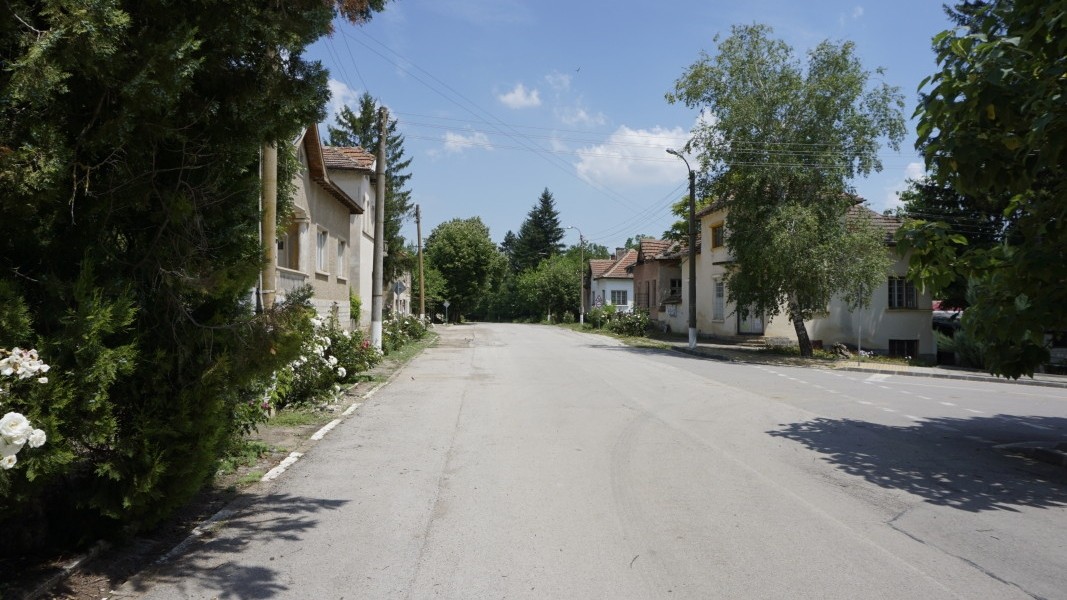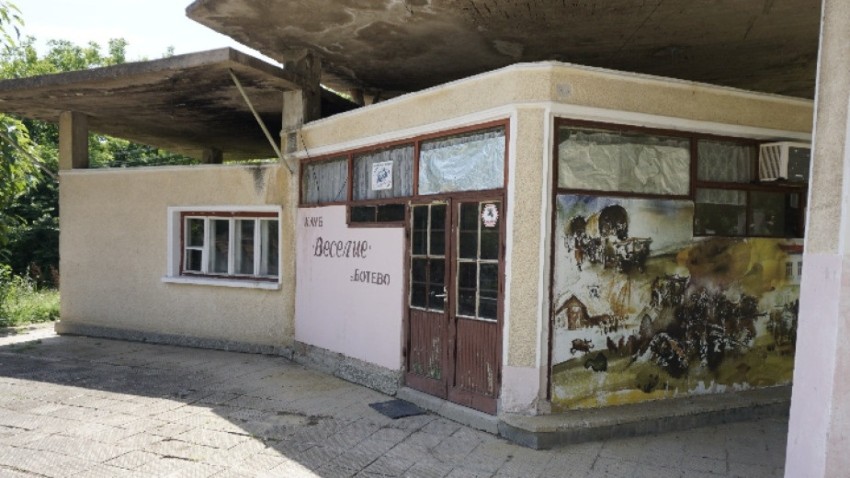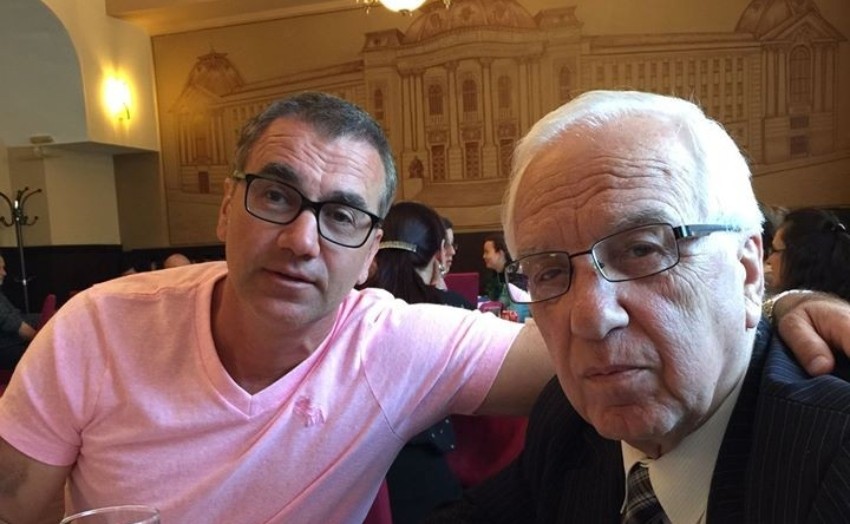Fifty people continue to live in the Bulgarian village of Botevo. The Thracians were the first to settle in the lands of the village near Vratsa (Northwestern Bulgaria), before the Romans left their mark in the area. After the Liberation of Bulgaria its inhabitants opened a school where 30 boys and 16 girls studied. Today there are no children in the village - the youngest citizen is 50-years-old and the average age is near 75. Soon only historical data might be the only thing to remind of the village and its people.

"We are cut off from the world," former mayor Yoshka Mihaylova says. “In order to go to the municipal center, we must find someone to drive us, because there are no buses. We want little things - to have electricity, water, a doctor. We do not want bars, cafes, restaurants, cinemas - just to live in peace. Our village is very nice and for all the residents of Botevo it represents Bulgaria. We don't go anywhere, this is our country, what else could we want?"
Since the outbreak of the coronavirus epidemic, no resident of Botevo has been ill. Deputy Mayor Sonya Nenkova explains this phenomenon by saying that people live in a closed community. Still, the village has its problems.

"Our biggest problems are with the electricity distribution company and the telecommunications companies," she says. “Sometimes there is no electricity for a whole day and having no internet connection in the 21st century seems unreal. If we had children in the village, I don't know how they would have studied online. In Botevo, two or three people have cars and help the whole village when necessary. A doctor comes to us once a week and they bring us bread four times a week. There are no job opportunities - only from the municipality under employment programs, if there were any. And yet this is the most beautiful and peaceful village with its forest, a dam, river. Its inhabitants are intelligent and educated people."
People in Botevo are proud of their fellow townsmen, famous with their successes in art, medicine, military work. Among them is 95-year-old Sava Tsonovski, master of Bulgarian watercolor.

"I am like a migratory bird - in the winter I live for five months in Sofia and I live in the village for 7 months", the artist says. “In Sofia I feel tied up while in the countryside I have freedom. In Botevo I do everything, for example I mow the grass in the yard... I love my native village very much, I love the field with the distant horizon and the bright strip that connects it to the sky; I love nature.”
Hristo Mermerski, author of 13 books in the field of healing and healthy eating, was born in Botevo. His son, Yonko Mermerski, is a professor of chemistry and interpreter in Washington.

"Every time I go to Botevo, I start crying. It is very sad that this pretty village which used to be bustling with life where children were making noise in the street, has become nearly desolate and nature is taking over everything. I sincerely hope that at least God will somehow help for the reviving of this Bulgarian region.”
Compiled by: Diana Tsankova /based on interviews by Katya Borisova and Nedka Lilkova from BNR-Vidin/
English: Alexander Markov
Photos: BNR-Vidin
The Earth and Man National Museum in Sofia is hosting the 33rd Sofia Exhibition of Minerals, Gemstones and Fossils , the institution announced. The three-day event opens today and features companies and collectors of minerals and fossils, as well as..
The campaign to enroll students in the Bulgarian School in São Paulo for the 2025/2026 school year will continue until October 15 , its management told BTA. “In the current school year, the school will continue to provide education in the..
The year 2025 is no exception to the statistics on natural disasters on the territory of Bulgaria. Drought, fires, and then floods followed. Although after each disaster there are talks of measures, control and prevention, we..

+359 2 9336 661
